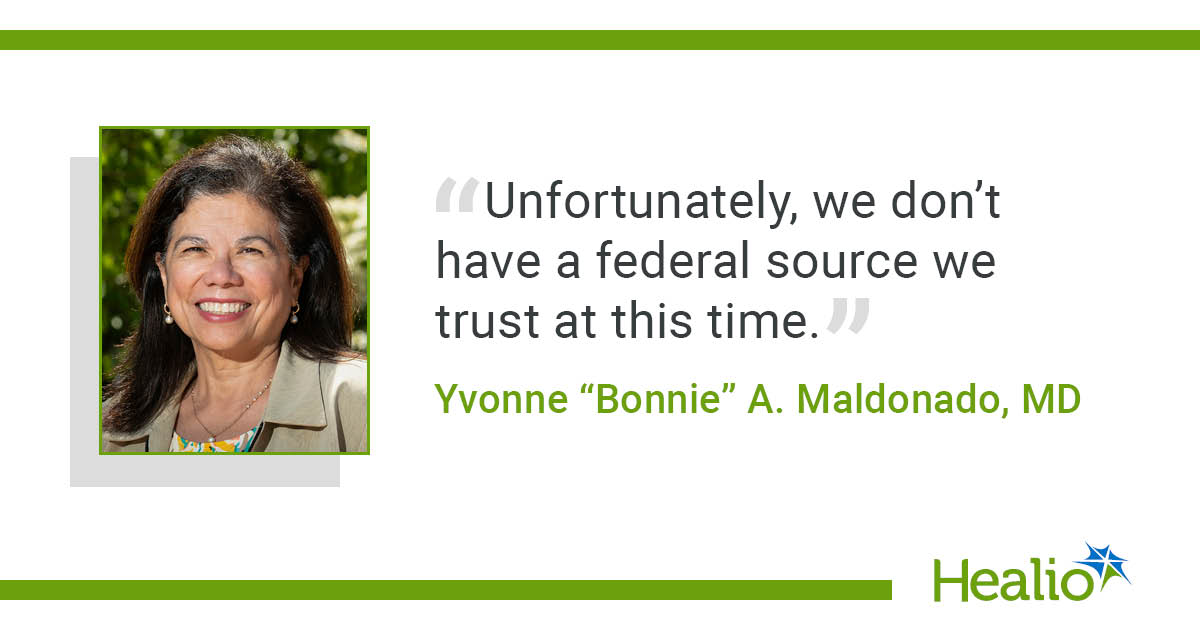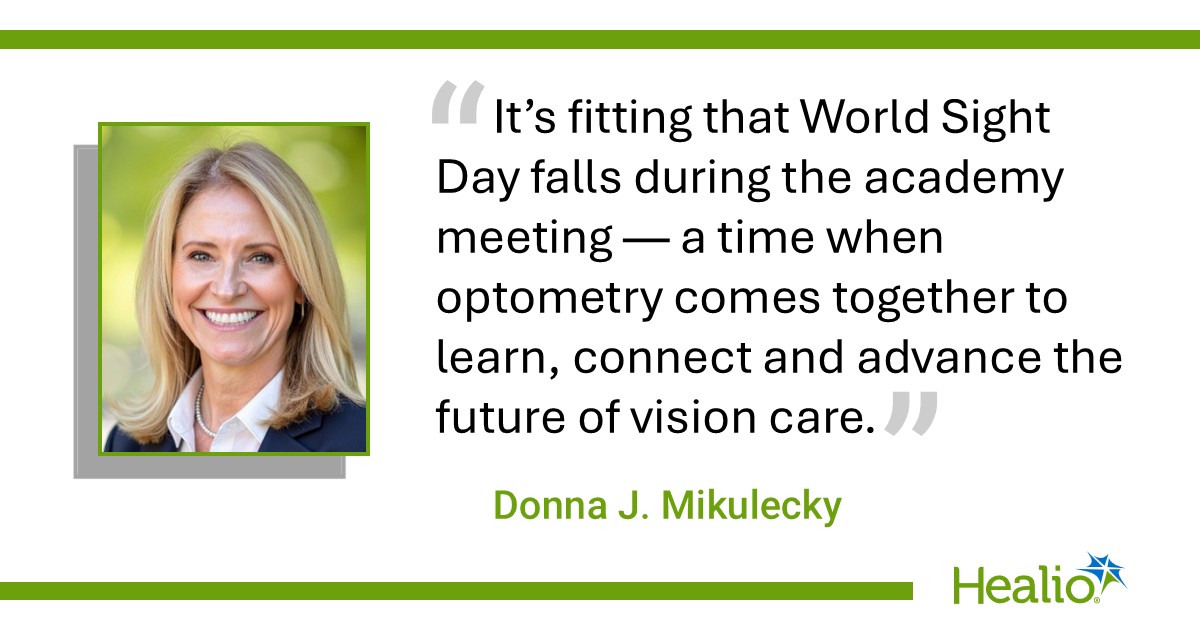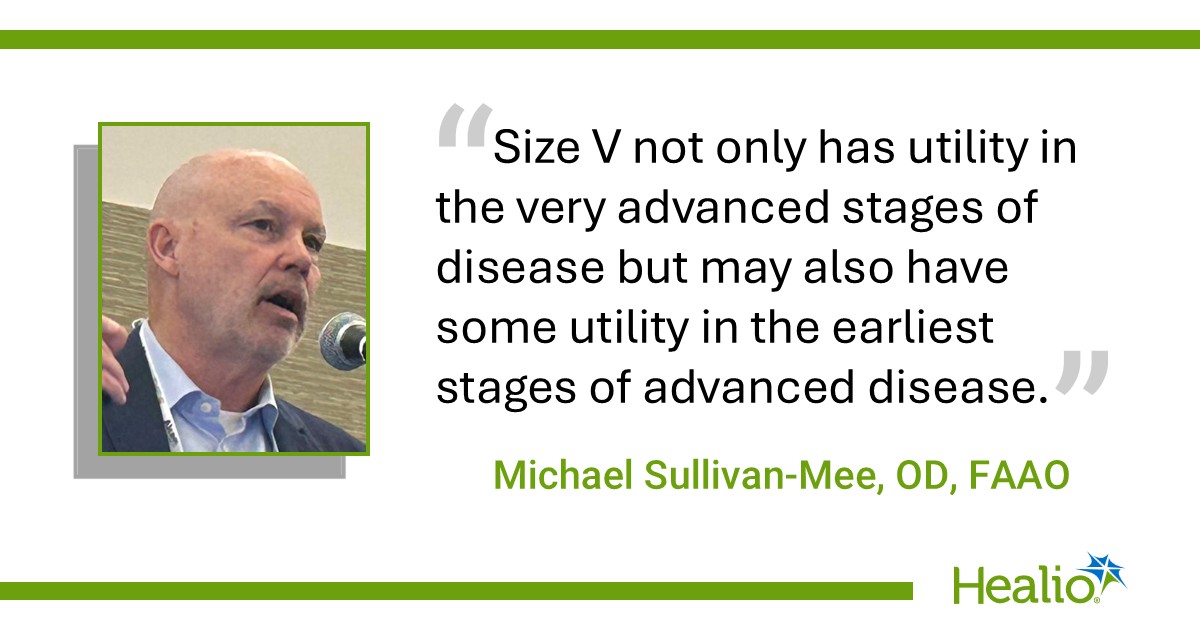October 09, 2025
7 min read
Key takeaways:
- Medical groups and states are providing vaccine guidance independent from federal recommendations.
- Questions remain about non-federal recommendations and insurance coverage.
Medical groups and state health departments are establishing their own vaccine recommendations in an effort to preserve access to shots in the wake of new restrictions at the federal level.
Among the new restrictions are limitations on who is eligible to receive COVID-19 vaccines, based on federal approvals and recommendations. The FDA in August approved the new COVID-19 shots only for certain patients, including everyone aged 65 years or older and people aged younger than that who have a condition that puts them at a higher risk for severe disease, fulfilling a pledge announced by top FDA officials earlier this year.

Experts criticized the FDA as overstepping its historical purpose in narrowing the groups that are eligible to receive a COVID-19 vaccine. It is typically up to the CDC’s Advisory Committee on Immunization Practices to make recommendations on who should receive a vaccine, and then the CDC director to sign off on those recommendations to make them official federal vaccine policy and subject to requirements for insurance coverage.

Michael T. Osterholm, PhD, MPH
“The FDA’s primary job to date has been to approve vaccines based on the data that reports they are safe and effective but not to make recommendations for who should use the vaccine,” Michael T. Osterholm, PhD, MPH, director of the Center for Infectious Disease Research and Policy at the University of Minnesota, told Healio. “Now, unfortunately, that has changed.”
The ACIP recently voted to weaken federal COVID-19 vaccine recommendations by opting for shared clinical decision-making for all ages, including older adults. The new recommendation means that anyone who wants a vaccine must consult with a health care provider first, but it also keeps the shots covered under insurance. Previously, the United States has recommended universal COVID-19 vaccination for everyone aged 6 months or older.
States go their own way
State health departments began allowing pharmacists to administer COVID-19 vaccines without a prescription while waiting for federal recommendations — and others released their own recommendations.
Pharmacists in Colorado, Connecticut, Massachusetts, Minnesota, New Jersey, New Mexico, New York and Pennsylvania were permitted to administer COVID-19 vaccines without a prescription while providers waited for federal recommendations.
The New Mexico Department of Health created its own recommendations for COVID-19 vaccines that said the vaccine should be made available to “any New Mexico resident who wants to be vaccinated.”
Other states teamed up to publish their own immunization schedules. California, Hawaii, Oregon and Washington formed the West Coast Health Alliance to establish unified immunization schedules for residents “in response to recent federal actions that have undermined the independence of the CDC and raised concerns about the politicization of science.” The recommendations appear to align with those from major medical organizations such as the AAP, American Academy of Family Physicians and the American College of Obstetricians and Gynecologists.
“We look forward to collaborating as allied states on the best practices for our constituents,” Washington Gov. Bob Ferguson, California Gov. Gavin Newsom and Oregon Gov. Tina Kotek said in a joint statement prior to Hawaii joining the effort. “Together, we are taking a stand to ensure the safety of our residents is protected and guided by evidence-based findings and not political whims.”
Seven other states formed the Northeast Public Health Collaborative, which will also work together to establish vaccine guidance. The alliance includes Connecticut, Maine, Massachusetts, New Jersey, New York, Pennsylvania and Rhode Island.
Medical organizations take the lead
After HHS Secretary Robert F. Kennedy Jr. fired all 17 members of the ACIP in June and replaced them with his own picks, including many prominent critics of vaccines or vaccine policy, physicians no longer knew who to trust for vaccine recommendations, said Yvonne “Bonnie” A. Maldonado, MD, Taube Professor of Global Health and Infectious Diseases and professor of pediatric infectious diseases and epidemiology and population health at Stanford University School of Medicine.

Yvonne “Bonnie” A. Maldonado, MD
In June, when Kennedy’s ACIP met for the first time, Maldonado said the committee did not follow established policies of transparency. Additionally, Maldonado, who was one of the ACIP members fired in June, said it was “disturbing” to watch ACIP members question data presented by the CDC but not what she classified as “misinformation or disinformation” presented by other speakers.
One presentation given by Lyn Redwood, RN, MSN, president emerita of Children’s Health Defense, a prominent anti-vaccine group aligned with Kennedy, was added to the agenda just days before the June meeting and resulted in the ACIP voting to recommend against the use of influenza vaccines that contain thimerosal, a preservative used in multi-dose vials of vaccine to prevent contamination with pathogens.
The preservative has long been targeted by the anti-vaccine movement over claims that it is harmful or associated with an increased risk for autism, which evidence disputes, according to the CDC. ACIP member H. Cody Meissner, MD, the lone dissenting vote against removing thimerosal-containing vaccines from recommendations, argued that there is “no scientific evidence” that the preservative is dangerous to people.
“We want to believe that the federal government and the ACIP are going to give us good, solid, transparent evidence,” Maldonado said. “So far, we have not seen that happen. At this time, what we are hoping is that individual organizations that are experts in vaccinology, immunology, public health and clinical care would stand up and be able to provide data-based guidance to the government.”
In response to the changes, medical organizations including the AAP, ACOG and AAFP released their own immunization schedules, which they have done for decades. However, these schedules were largely harmonized with the CDC until this year.
In its influenza vaccine recommendations for the 2025-2026 season, the AAP added a recommendation that “influenza vaccination … not be delayed to obtain a specific product, including a thimerosal-free product,” breaking with the ACIP on the matter.
The AAP also split with the ACIP by keeping its universal recommendation that all infants aged 6 through 23 months get vaccinated against COVID-19, as well as pregnant adolescents and any children aged 2 to 18 years in certain risk groups — including those who are at high risk for severe disease themselves or who live in a household with high-risk contacts, and those who have never been vaccinated against COVID-19.
ACOG recommended COVID-19 vaccination during pregnancy, a break from the CDC, which removed healthy pregnant women from the list of people who should get the vaccine.
The AAFP’s vaccine schedule aligns with those of the AAP and ACOG and recommends vaccination for anyone aged 65 years or older, adults at risk for severe COVID-19 and any person who has never received a COVID-19 shot.
Maldonado said providers should follow guidance from medical organizations like the AAP, ACOG and AAFP because they are based on swaths of scientific data.
“Unfortunately, we don’t have a federal source we trust at this time,” she said. “This unfortunate splintering of recommendations is not because people are not agreeing about policies; it is because we don’t agree with the federal body that is supposed to be giving us that information, and there is no replacement for that at this point.”
What about insurance coverage?
There have been questions about whether vaccines will remain covered by insurance in light of changing federal recommendations.
Federal law requires that any vaccine recommended by the ACIP be covered at no cost to patients. This includes shared clinical decision-making recommendations, according to the CDC.
Before the latest ACIP meeting, America’s Health Insurance Plans (AHIP), a trade organization representing U.S. health insurance companies, pledged to continue covering all vaccines recommended by the ACIP as of Sept. 1, 2025, including COVID-19 and influenza vaccines, through the end of 2026.
“Individual health plans and plan sponsors will be prepared to make coverage decisions informed by science, the latest medical evidence and data,” AHIP spokesperson Tina Stow told Healio. “This process will be evidence based; evaluate multiple sources of data, including but not limited to ACIP; and will be informed by customer needs.”
For more information:
Yvonne “Bonnie” A. Maldonado, MD, and Michael T. Osterholm, PhD, MPH, can be reached at pediatrics@healio.com.









